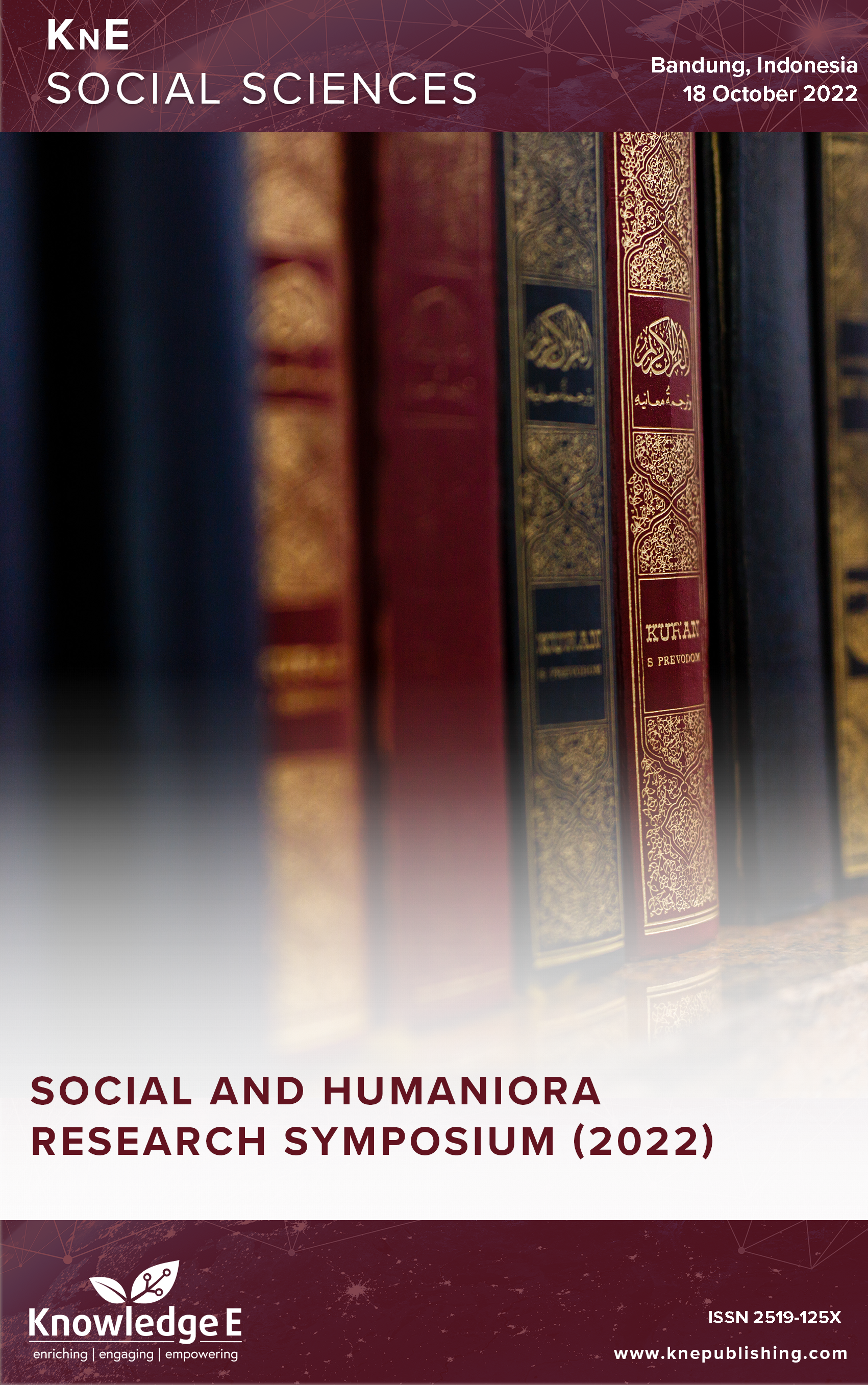Honesty and Empathy Character-building Training for Children Under Care of Foster Parents
DOI:
https://doi.org/10.18502/kss.v8i18.14327Abstract
SOS Childrens Villages is a non-profit, non-governmental social organization that actively supports childrens rights, namely a loving family and home. In this case, SOS Childrens Villages is committed to providing shelter and care for children who have or are at risk of losing their parental care. To increase the ability of foster parents, it is necessary to provide further training on improving parenting skills about honesty and empathy to foster parents through roleplay and case examples. A focused group discussion was conducted to collect the data from 12 foster parents. The results of this training were effective where foster parents have succeeded in increasing their knowledge and skills in applying the values of honesty and empathy. The suggestion in this study is that it can be held offline so it will be easier for parents to understand the material. For the next collaboration, the training will be discussed in more depth what underlies the honesty or openness of children and empathy for children.
Keywords: honesty, empathy, children, SOS children village
References
[2] Buchori S, Ibrahim M, Saman A. ”Pengaruh character education training melalui outbound training untuk peningkatan kejujuran dan integritas.” Jurnal Psikologi Pendidikan Dan Konseling: Jurnal Kajian Psikologi Pendidikan Dan Bimbingan Konseling. 2016;2(1):12-19. [Online]. Available: https://ojs.unm.ac.id/JPPK/article/viewFile/2089/1135. [Accessed: May 26, 2023]. https://doi.org/10.26858/jpkk.v2i1.2089
[3] Erhamwilda E, Suhardini AD, Afrianti N, Tazkia AH. ”Islamic parenting paradigm,” in 4th Social and humanities research symposium (SoRes 2021), 2022, pp. 409–411.
[4] Goleman D. ”Kecerdasan Emosional.” Jakarta: PT. Gramedia Pustaka Utama, 1996.
[5] Khaironi M. ”Pendidikan karakter anak usia dini.” Jurnal Golden Age. 2017;(02):82-89. [Online]. Available: https://ejournal. hamzanwadi.ac.id/index.php/jga/article/download/546/379. [Accessed: May 26, 2023]. https://doi.org/10.29408/goldenage.v1i02.546
[6] Kurniah N, Suprapti A. ”Studi Tentang Perkembangan Karakter Jujur Pada Anak Usia Dini.” Jurnal Ilmiah Potensia. 2017;2(1):14-22. [Online]. Available: https://ejournal.unib.ac.id/index.php/potensia/article/download/3715/1963. [Accessed: May 26, 2023].
[7] Lickona T. Educating for character: How our schools can teach respect and responsibility. New York: Bantam Books; 1991.
[8] Puspitawati H. Kenakalan Pelajar Dipengaruhi oleh Sistem Sekolah dan Keluarga. Cetakan ke-1. Bogor: IPB Press; 2009.
[9] Rochmawati N. ”Peran Guru dan Orang Tua Membentuk Karakter Jujur pada Anak,” Al-Fikri. Jurnal Studi Dan Penelitian Pendidikan Islam. 2018;1(2):1-12. [Online]. Available: http://lppm-unissula.com/jurnal.unissula.ac.id/index.php/fikri/article/download/ 3203/2336. [Accessed: May 26, 2023]. https://doi.org/10.30659/jspi.v1i2.3203.
[10] Stein SJ, Book HE. The EQ edge: Emotional intelligence and your success. Toronto: Stoddart; 2000.
[11] Wangi EN, Rosiana D, Sartika D. ”Respect and responsibility character-building training for children under care of foster parents in SOS Village Indonesia Lembang.” in Social and Humanities Research Symposium: Human Innovative Education in the Digital Era, Bandung, Indonesia, 2021, pp. 15-16.
[12] Zubaedi. ”Desain Pendidikan Karakter. Jakarta: Kencana; 2011.
[13] Tentang SOS, SOS Children’s Villages Indonesia. [Online]. Available: https://www.sos.or.id/tentang-sos. [Accessed: May 26, 2023].

